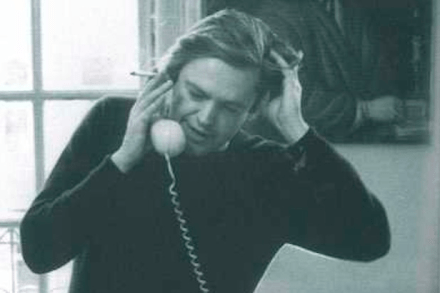The idiot economy – behind the ‘dark web’ cyber-crime busts
Spectator Money is out, with ideas on how to make it, spend it and even how to be seen spending it. Freddy Gray looks at the ‘social economy’ – think tax loopholes for financiers of politically favoured endeavours; while Camilla Swift peruses credit cards such as Kanye West’s ‘African American Express’ and the Dubai First Royale, ‘studded with diamonds. Bring it on, Sheikh Sugardaddy.’ Spare a thought, though, for the inconspicuous consumers – or at least, the wannabes. This segment took a hit last week in a joint operation dubbed ‘Onymous’, in which the FBI, Europol and friends arrested 17 alleged web-administrators and vendors and shuttered dozens of sites peddling child pornography, weapons, fake Danish passports, hacking services and so on. ‘Cash, drugs, gold and silver










